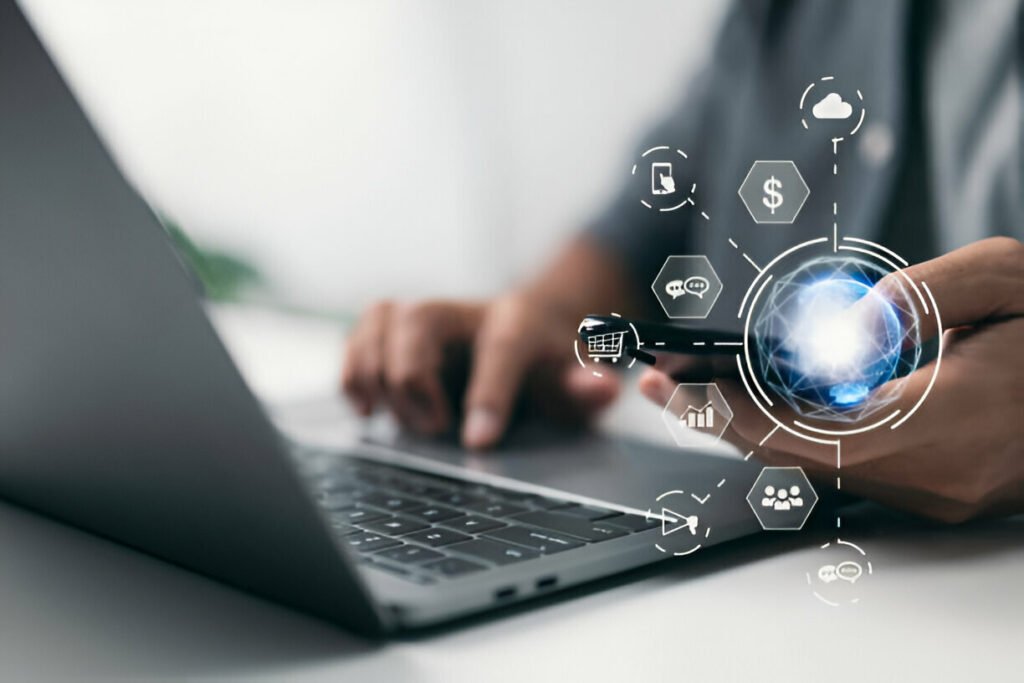Building a ‘superapp’ is a delicate act of statecraft, writes Mohammad Al Ubaydli from Patients Know Best
With the success of the NHS App, it is worth reviewing what NHS England did right. Working with governments across the world, I can say this success is rare and complex.
Some definitions to start us off. The NHS App is an example of a ‘superapp’: a mobile application that offers a wide range of services and features within a single platform.
Very few technology companies can pull this off. Tencent’s WeChat is the shining example in the world. Starting in 2011 as a Chinese alternative to WhatsApp, its 1.1 billion monthly users attracted other companies to integrate their services into the WeChat platform. In China, a WeChat user can book a doctor’s appointment, conduct a video consultation, receive remote monitoring by their hospital, pay for care, read government public health information and enrol in clinical trials.
Very few governments can pull off a good superapp. Singapore has LifeSG. LifeSG allows citizens to interact with the government in key life events such as birth, marriage, and death, as well as key services like housing, education, and healthcare.
The NHS App’s success is an act of delicate statecraft.
First, its originators deliberately and correctly refused to build features. Instead, they bought features and built governance. Almost every feature in the app is delivered by a private sector company; there are many, and the NHS App is adding more.
Apps frozen in time
For contrast, the Nordics’ approach is Soviet, and America’s is Mad Max. Nordic governments built their own solutions with their customary competence and prescience. But their apps are frozen in budget and time, and they are not super apps as they do not integrate the innovations of others. By contrast neither the federal nor state governments in the USA have governed any infrastructure. Patients must manage their care across customer lock-in marketed as customer service.
Second, the NHS App use identity verification with the NHS login. Many experienced this during Covid as a short video recording. After [making the video] you could use the NHS login across health care services. Without an equivalent, hospitals spend more money and time. We see this where we operate in Scotland, Northern Ireland, the Republic of Ireland and Canada.
Furthermore, the NHS login team opened up their infrastructure. The Dutch government’s equivalent, DigiD, is only available for government services. When the government needs the private sector, like the digital health marketplace our company operates in, the login process is cumbersome so usage is low. This is a matter of policy, not technology. NHS Wales use NHS login but with many more restrictions. So patient registration in the NHS Wales App is lower and slower.
Imaginative collaboration
Third, the NHS App team were imaginative in their collaboration with the private sector. In our case, we store the clinical records for patients, so we asked the NHS login team for additional encryption levels. They responded with an extension that allowed NHS login to verify the identity of the patient logging in, without giving central government access to that patient’s record. As Covid lockdowns began and patients were less able to visit hospitals, the NHS App team evaluated and improved all of our ideas to expand the app’s functionality. They embedded our hospital records and home monitoring device data alongside the existing GP record.
The NHS App team’s next focus was administrative automation to free up frontline staff. By the end of the year every hospital in England will have a way for patients to request changes to their appointments through the NHS App. This is delivered through a marketplace of suppliers like the publicly listed Induction Healthcare and Netcall, alongside high growth privately-owned DrDoctor. These national champions can use their scale in England to expand abroad. The Netherlands and Nordics are smaller, and Germany has not been able to create a marketplace.
Fourth, the NHS App avoided storing data. Instead the app shows data from different storage systems, such as EMIS and TPP for GP records and Patients Know Best for hospital records. This avoids privacy, technical and clinical risk that technology companies are built to handle.
Future expansion
Privacy is important as citizens of liberal democracies do not want governments to have access to their healthcare data. They do want the government to govern. The NHS App enforces patient-friendly user agreements with all the service providers. Americans do not have this.
NHS England learned the enormity of technical risk with the 2002 National Programme for IT, a £12 billion effort. Parliament’s Committee of Public Accounts spent years documenting its problems. And there is clinical risk as patients connect devices and devices collect medical-grade real-time data. Is the NHS clinically responsible for failing to act on a problem your phone picked up? Certainly, today’s clinicians are not yet equipped to cope with tomorrow’s data.
The NHS App should expand its managed marketplace. Digital therapeutics deliver care without clinicians. For example, Sleepio teaches a person to end insomnia without spending on pills or professionals. GetUBetter gets you better through video-guided physical exercise at home.
Fundamentally, 21st century health care is on diseases where what you do matters more than what your doctor does. Obesity, diabetes, heart disease, asthma – the list is large and growing. Your doctor does not know how to change what you do. But your phone does.
Your phone monitors and changes your behaviour all day. Your phone will become the most important health care tool. Governments must master this tool to master their finances. Health care superapps are key and the NHS App is a great example.
Source: https://www.digitalhealth.net/2024/07/what-makes-the-nhs-app-successful/
